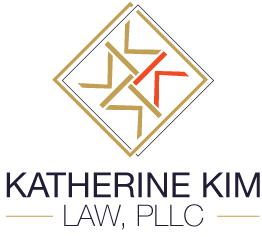How to Protect Yourself as a Freelancer
In many ways freelancers need to take more steps to legally protect themselves than LLCs and corporations. By not having limited liability provided by formally filing formation documents with the state, freelancers have limited protection and limited remedies if there are work disputes.
Here are a few simple steps you, as a freelancer, can take with each job to make sure you cover all your bases legally:
1) Always Have a Contract
Executing a well-written contract before beginning a freelance project provides both legal and financial security. Accepting gigs can be risky if the project. A contract, when drafted correctly, is legally binding on both parties and will spell out the terms for the work. If a client refuses to pay you, a contract is the best tool to remedy the situation and get paid.
2) Check Your Employment Contract
Many freelancers start out by dabbling with freelance work part-time while holding down another job. This can be a great way to test out the viability of becoming a freelancer full-time, but it could have negative legal implications. If you have an employment contract at your day job, be sure to review the terms for any provisions that prohibit moonlighting or non-compete clauses relevant to your situation.
3) Know Your Rights to Your Intellectual Property
You own at least some of the rights for your work product, except in specific circumstances. If your creation is specifically ordered by a client it might be considered “work made for hire” and the copyright ownership is transferred to the client. This would prohibit you from using this creation for your own uses without permission from the client.
Be sure to read every contract thoroughly and pay attention to the terms regarding your rights to the work product created during each project. Also, be mindful of your rights when negotiating the terms of your contract.
4) Consider Forming a Business Entity
As a freelancer, there are many reasons to form an entity for your business. In addition to personal asset protection, you can reap certain tax benefits by filing for business formation. Without an entity, you must pay self-employment taxes and this tax can be expensive. By filing, you have the potential to pay yourself as an employee and this will change your overall tax liability.


